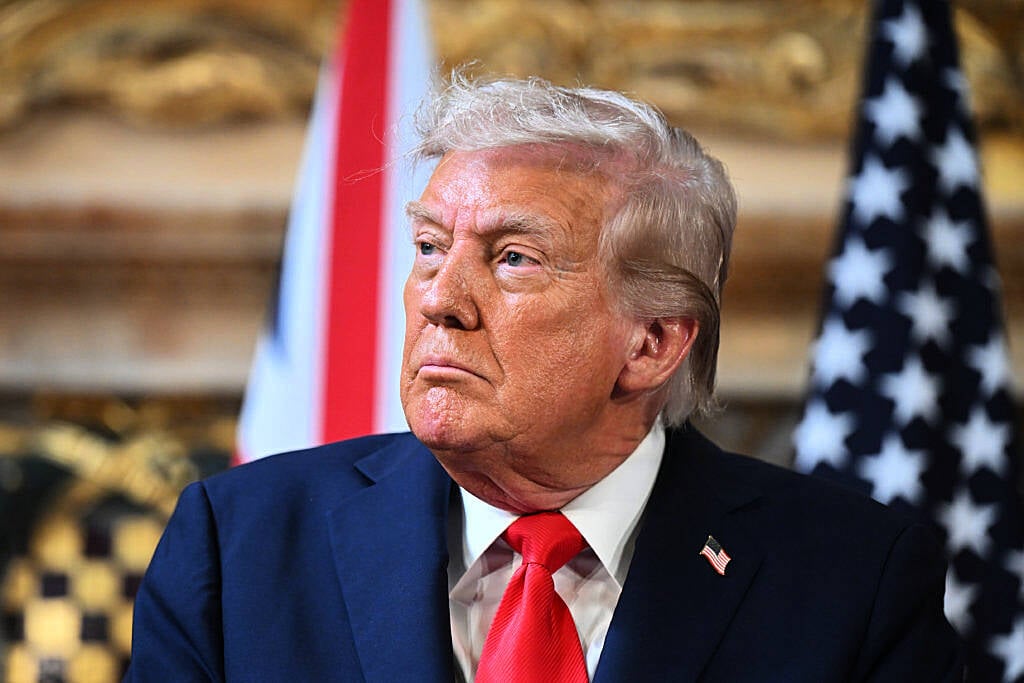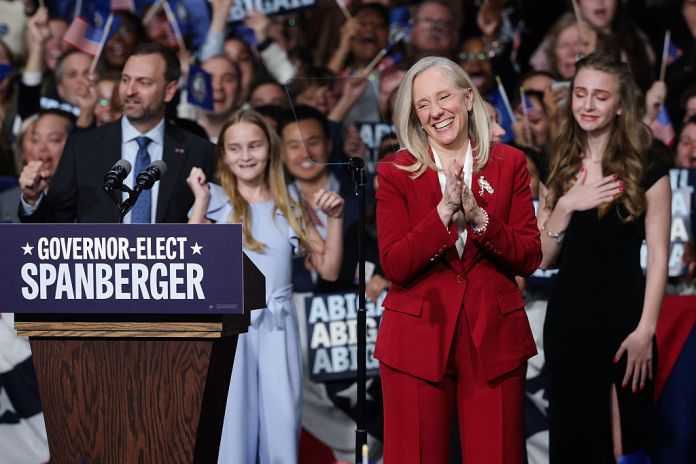President Donald Trump has announced a new set of import taxes, including a staggering 100% tariff on pharmaceutical drugs, set to begin on October 1. Other tariffs include 50% on kitchen cabinets and bathroom vanities, 30% on upholstered furniture, and 25% on heavy trucks.
Posts on his social media platform revealed that Mr. Trump’s commitment to tariffs continues beyond the trade frameworks and import taxes introduced in August. This move reflects the president’s confidence that these tariffs will help reduce the government’s budget deficit while boosting domestic manufacturing.
However, these additional tariffs risk exacerbating already elevated inflation and could slow economic growth. Employers, still adjusting to the previous import taxes, now face new uncertainties that may affect business decisions and investment.
Mr. Trump stated on Truth Social that the pharmaceutical tariffs would not apply to companies constructing manufacturing plants in the United States — defined as either breaking ground or being under construction. It remains unclear how these tariffs will impact companies with existing factories in the U.S.
In 2024, the United States imported nearly $233 billion (approximately £174.8 billion) worth of pharmaceutical and medicinal products, according to the Census Bureau. The prospect of pharmaceutical prices doubling could send shockwaves through voters concerned about rising healthcare costs, including Medicare and Medicaid expenses.
Regarding furniture and cabinets, Mr. Trump claimed that foreign manufacturers are flooding the U.S. market, necessitating tariffs for national security and other reasons. The new tariffs on cabinets may further increase costs for homebuilders at a time when many potential buyers feel priced out due to housing shortages and high mortgage rates.
He also pointed to foreign-made heavy trucks and parts as a threat to domestic producers. Major truck manufacturers — such as Peterbilt, Kenworth, Freightliner, Mack Trucks, and others — will be protected from this influx, according to the president.
Despite these concerns, Mr. Trump has consistently argued that tariffs are essential for encouraging companies to invest in domestic factories. He dismisses fears that importers will pass on the cost of tariffs to consumers and businesses through higher prices.
The president continues to claim that inflation is no longer a challenge for the U.S. economy, despite evidence to the contrary. The Consumer Price Index has increased by 2.9% over the past 12 months, up from an annual rate of 2.3% in April, when the earlier import taxes were first introduced.
Furthermore, there is no clear evidence that these tariffs have led to job creation in manufacturing or construction. Since April, the Bureau of Labor Statistics reported that manufacturers have cut 42,000 jobs, and builders have reduced their workforce by 8,000.
“There’s no inflation,” Mr. Trump told reporters on Thursday. “We’re having unbelievable success.”
https://www.breakingnews.ie/world/trump-announces-100-import-tariff-on-pharmaceutical-drugs-1811139.html



